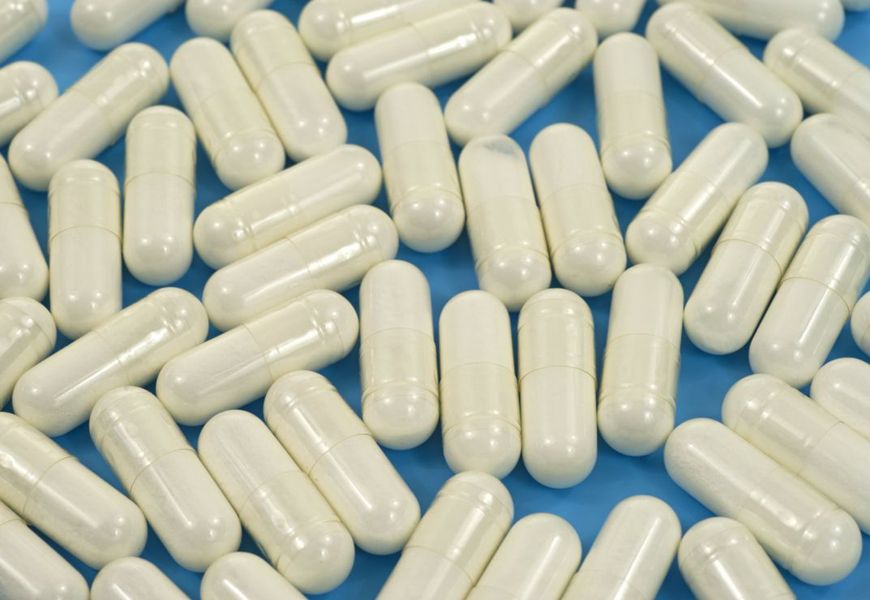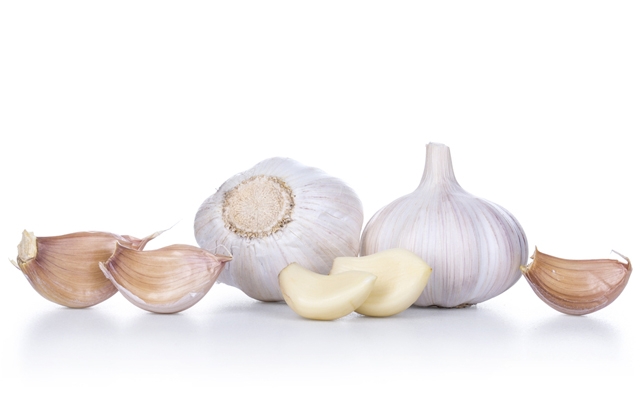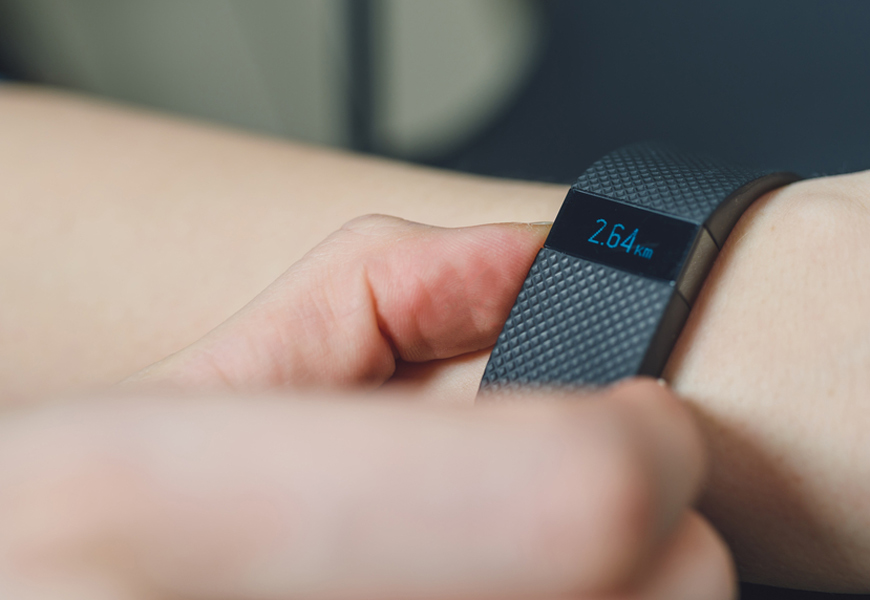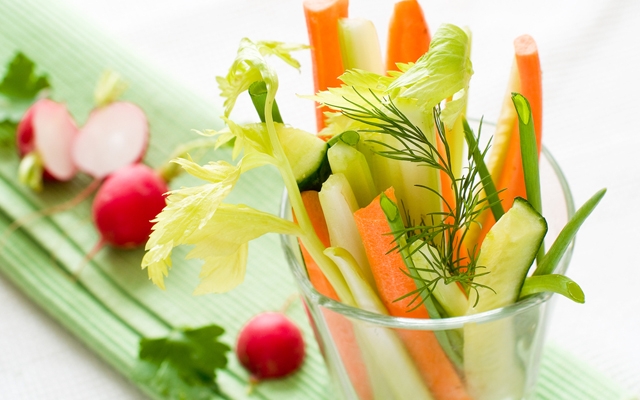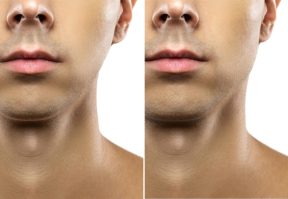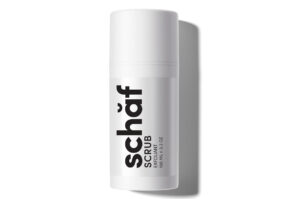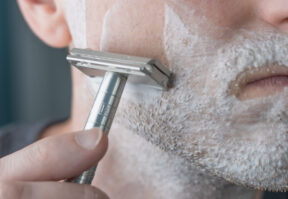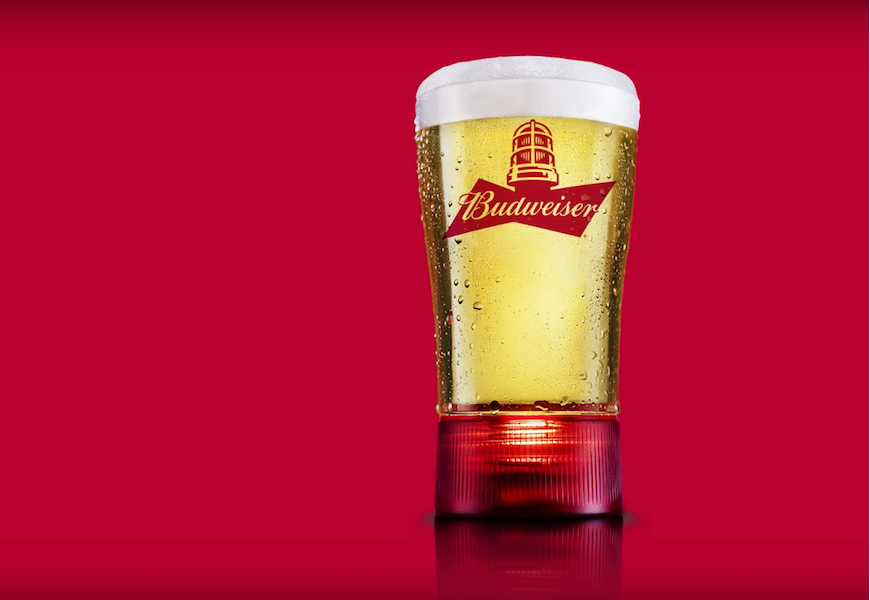Probiotics are “good” bacteria that help keep your digestive system healthy and regular—which as you probably know, is essential for overall health. They are often added to dairy products like milk, cheese and yogurt, but you can also get them from supplements if you don’t eat dairy. But are probiotics really necessary?
While not everyone needs to go out of their way to have probiotics in their diet, they have been found to help ease symptoms of irritable bowel syndrome (IBS) and inflammatory bowel disease (IBD) by keeping the good and bad bacteria in the colon balanced. Many people have perfectly healthy digest systems without probiotics in their diets and the benefits vary from person to person, but for someone with digestive issues, probiotics could be a helpful option. They can also help aid in a quicker recovery after taking a round of antibiotics by working to replace all the good bacteria that’s been lost.
There are two main types of probiotics. Lactobacillus, the most common type, is found in yogurt and fermented foods and it might help people who are lactose intolerant digest dairy more easily. Bifidobacterium is also found in dairy products and helps ease symptoms of digestive problems like IBS and IBD. There has also been research to show that probiotics can be beneficial for skin conditions like eczema, urinary health, preventing allergies and colds and oral health.
If you’re interested in taking a probiotic supplement, there are options available from brands like Genuine Health. Their supplements include 15 strains of probiotics to mimic human gut flora, and are made 100% vegan, soy-free, gluten-free and non-GMO. It’s important to talk to your doctor before taking any kind of supplement, so if you want to ease into it, start with a probiotic-enhanced yogurt like Activia or start adding kefir to your morning smoothie.
Kombucha, which is a fermented beverage of black tea and sugar, also contains probiotics as well as B vitamins and enzymes. Drinking it daily can help improve digestion, increase energy, cleanse and detoxify, support the immune system, reduce joint pain and even prevent cancer. Kombucha is sweet and carbonated, so it’s actually a pretty good substitute if you’re a pop junky but trying to break the habit.
Anyone who has had digestive problems knows it can be pretty debilitating, so even if you think you’re regular, it can never hurt to do a little extra to keep your insides working how they should. Probiotics just make sure the bad bacteria isn’t outweighing the good— and we could all probably use a little help in that area sometimes.

